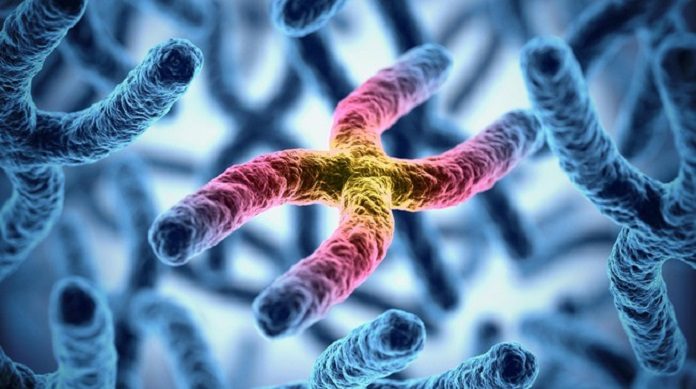Before cell division, the long strings of the cell’s DNA are wrapped firmly into the structures we know as chromosomes. This shields the cell’s genetic material from physical and chemical damage.
Now, EPFL scientists discovered two enzymes that shield chromosomes from oxidative harm and shortening. Blocking them may be another anticancer system for ceasing telomerase, the chemical that deifies tumors.
These two antioxidant enzymes work together and prevent oxidation of telomeric DNA at chromosome ends.
The ends of chromosomes are called telomeres. These are specialized structures that have to be replicated with each cell division cycle. But the complete replication of telomeres up to the very ends of chromosomes also requires specialized mechanisms, and these are limited. Telomeres are also very sensitive to oxidative damage, which affects their ability to replicate.
Because of this, telomeres shrink over time, limiting the lifespan of cells. Telomere shortening is essentially the cause of cell aging.
The researchers disrupted both the chemicals, called PRDX1 and MTH1, in growing cells, and found that the cells’ telomeres contracted with each round of cell division, inevitably vanishing altogether.
Ordinarily, telomerase keeps telomeres from shortening in germ and stem cells, which assists with advancement. But, telomerase is additionally profoundly dynamic in tumor cells, keeping their telomeres in place and making the cells virtually immortal. The new work demonstrates that disrupting PRDX1 and MTH1 keeps telomerase from balancing telomere shortening.
Joachim Lingner and Wareed Ahmed at EPFL discovered the enzymes.
Lingner said, “So far, attempts to efficiently block telomerase in cancer have not been fruitful in the clinic. The discovery of the co-operating enzymes opens up a new opportunity to indirectly block telomerase. Instead of inhibiting the enzyme itself, we target its substrate – the chromosome end – making it un-extendable by telomerase.”
